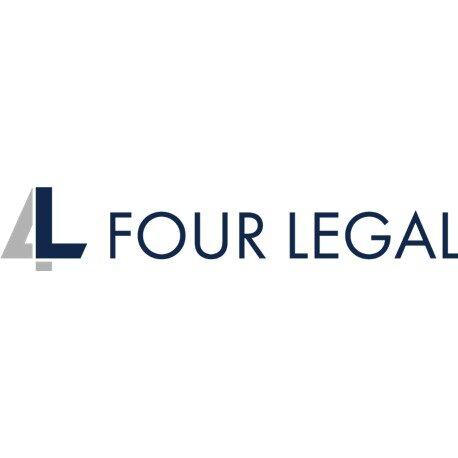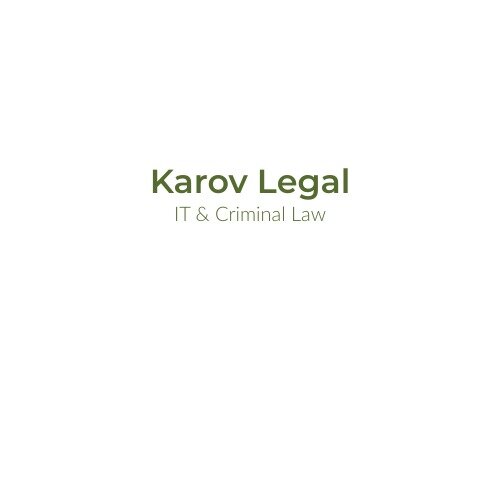Best Business Lawyers in Serbia
Share your needs with us, get contacted by law firms.
Free. Takes 2 min.
Or refine your search by selecting a city:
List of the best lawyers in Serbia
Legal guides written by Business Law office - Advokatska Kancelarija:
- Why Invest In Serbia
Serbia Business Legal Articles
Browse our 1 legal article about Business in Serbia written by expert lawyers.
- Why Invest In Serbia
- The most common inquiries posed by prospective investors and business entities considering entry into the Serbian market pertain to the fundamental advantages of establishing operations in this jurisdiction. The Republic of Serbia presents a compelling investment destination, distinguished by its strategic location, favourable legal and fiscal frameworks, and steadily growing... Read more →
About Business Law in Serbia
Business law in Serbia is a broad area that covers various regulations concerning the operation of businesses in the country. It encompasses corporate law, contracts, employment, tax law, and intellectual property. With a strategic position in Southeast Europe, Serbia offers a growing market with a favorable geographic location for businesses. The legal framework is designed to protect businesses, promote economic growth, and attract foreign investment.
Why You May Need a Lawyer
Engaging a lawyer can be crucial in several business situations in Serbia. Common scenarios include establishing a new company, navigating complex regulatory requirements, handling mergers and acquisitions, or managing disputes. Businesses might also require legal assistance in drafting and reviewing contracts, ensuring compliance with employment laws, or protecting intellectual property rights. Legal expertise is essential to mitigate risks and ensure smooth operations in the Serbian market.
Local Laws Overview
Several key aspects of local laws are particularly relevant for businesses in Serbia:
- Company Formation: The process of setting up a company in Serbia involves registration with the Business Registers Agency. Serbia offers various corporate structures like limited liability companies, joint-stock companies, and partnerships.
- Labor Laws: Serbian labor law covers employment contracts, employee rights, working hours, and health and safety regulations, emphasizing the protection of workers' rights.
- Taxation: Serbia imposes corporate tax, value-added tax (VAT), and other business-related taxes, which companies must comply with to operate legally.
- Contract Law: Contracts are essential in business operations. Serbian law regulates contract formation, execution, and enforcement, impacting local and international business dealings.
- Intellectual Property: Protection of patents, trademarks, and copyrights is governed by specific regulations, vital for safeguarding business innovations and brand identity.
Frequently Asked Questions
How do I start a business in Serbia?
To start a business, you'll need to register it with the Serbian Business Registers Agency, select a business structure, and possibly obtain local permits depending on your industry.
What are the common types of business structures in Serbia?
The most common types are limited liability companies (LLC), joint-stock companies, and partnerships. Each has different legal and tax implications.
Do I need a local partner to start a business in Serbia?
No, foreign investors can fully own and operate a business in Serbia without a local partner.
What are the corporate tax rates in Serbia?
As of the latest information, the corporate tax rate in Serbia is 15%. However, rates may change, so it is advised to consult with a tax professional.
How long does it take to register a business in Serbia?
Business registration usually takes a few days to a week, but this may vary based on business type and completeness of documentation.
Are there incentives for foreign investors in Serbia?
Yes, Serbia offers various incentives for foreign investments, including tax breaks and subsidies depending on the industry and investment size.
Can I operate a business remotely in Serbia?
Yes, remote business operations are feasible, especially with the digitalization of many regulatory processes. However, some sectors may require a physical presence.
What are the employment laws I need to be aware of?
Employment laws in Serbia cover working conditions, employee rights, contracts, and termination procedures. Legal compliance is vital to avoid disputes.
Do I need a business visa to set up a company in Serbia?
Foreign nationals may need a temporary residence permit, but not a business visa, to start a business. It’s best to check current requirements with the Serbian consulate.
How can I protect my business's intellectual property in Serbia?
To protect intellectual property, you need to register patents, trademarks, or copyrights with the Intellectual Property Office of the Republic of Serbia.
Additional Resources
For additional guidance and resources, consider consulting the following organizations and governmental bodies:
- Serbian Business Registers Agency
- Chamber of Commerce and Industry of Serbia
- National Employment Service
- Ministry of Economy of the Republic of Serbia
- Serbian Development Agency
Next Steps
If you require legal assistance in business, consider the following steps:
- Identify specific legal needs, such as contract drafting, compliance, or dispute resolution.
- Research qualified business lawyers or law firms with expertise in Serbian business law.
- Schedule a consultation to discuss your legal needs and explore solutions.
- Gather all necessary documentation and information relevant to your business issue.
- Engage a lawyer who you feel comfortable with and who understands your business goals.
By taking these steps, you'll be better prepared to handle legal challenges and ensure your business operates successfully within the Serbian legal framework.
Lawzana helps you find the best lawyers and law firms in Serbia through a curated and pre-screened list of qualified legal professionals. Our platform offers rankings and detailed profiles of attorneys and law firms, allowing you to compare based on practice areas, including Business, experience, and client feedback.
Each profile includes a description of the firm's areas of practice, client reviews, team members and partners, year of establishment, spoken languages, office locations, contact information, social media presence, and any published articles or resources. Most firms on our platform speak English and are experienced in both local and international legal matters.
Get a quote from top-rated law firms in Serbia — quickly, securely, and without unnecessary hassle.
Disclaimer:
The information provided on this page is for general informational purposes only and does not constitute legal advice. While we strive to ensure the accuracy and relevance of the content, legal information may change over time, and interpretations of the law can vary. You should always consult with a qualified legal professional for advice specific to your situation.
We disclaim all liability for actions taken or not taken based on the content of this page. If you believe any information is incorrect or outdated, please contact us, and we will review and update it where appropriate.
Browse business law firms by service in Serbia
Serbia Attorneys in related practice areas.
Browse business law firms by city in Serbia
Refine your search by selecting a city.

















